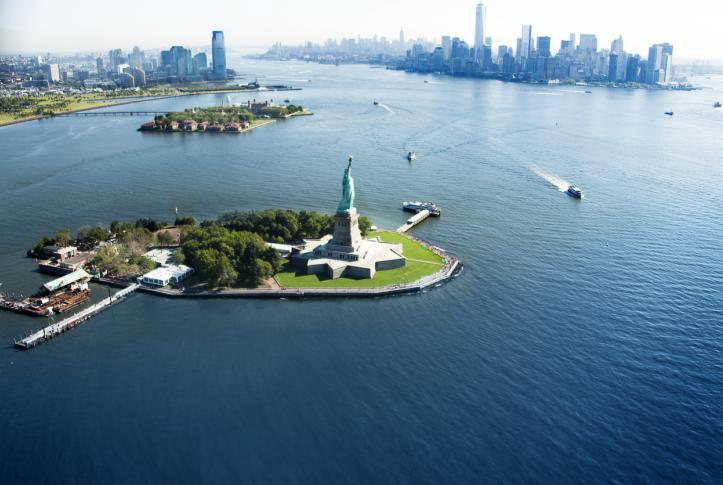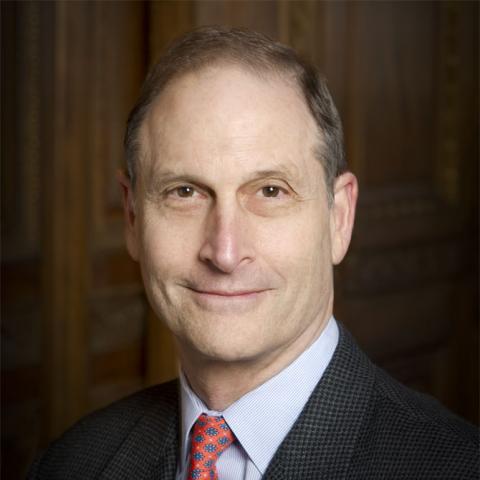For some, the fascism and racism on display in Charlottesville last week seemed shocking and foreign. For others, like me, they were shocking, but familiar. Nazism indelibly shaped my life and my worldview. If it weren’t for Nazism, I wouldn’t exist.
My father was born in 1916 in Frankfurt, Germany. In 1933, the newly ascendant Nazis expelled him — and all Jews — from high school. Seeing no future in Germany, and fearful of anti-Semitic gangs attacking Jews on the streets, he fled — against his parents’ wishes — to Holland, and then to the United States, arriving in 1935 and finding work in the New York office of a Swedish commodity trading company. He was 19, alone, poor, and incompletely educated. He would never finish high school or go to college.
But his is a refugee’s story characteristic of what is possible in America, embodying the true spirit of the Statue of Liberty, which my father undoubtedly sailed past as he entered New York Harbor. He brought his parents and three siblings, who left Germany with the Gestapo literally on their heels, to the U.S. in 1938. He worked his way up in his company, eventually becoming president. On a blind date in Boston, he met a Radcliffe student from Omaha, the daughter of another German Jewish immigrant who had arrived in the early 1900s and raised cattle in Nebraska. They married and had two children. One went to Harvard College and Yale Law School and became a U.S. senator. The other went to Harvard College and Medical School, became a professor of medicine at Harvard, advised senators and presidents, and became president of the Commonwealth Fund — working just two short blocks from where his father lived toward the end of his life.
Happy endings are wonderful, but they cannot change history. Many Americans with family or personal stories of oppression and dislocation will always harbor, deep in their psyches, a fear of the fragility of social order, and of the vulnerability of minorities. It is not just the overt racism and fascism of Charlottesville that stirs these phantoms. If the immigration rules supported by our current president had existed in 1935 — limiting entry to the educated — my father might never have gotten past Ellis Island, his family would have likely died in the Holocaust, and I would never have been born.
Interestingly, my father was forgiving of the Germans. They were capable of great evil, he said, but also of good, and they produced Goethe, Beethoven, and Bach. (My father-in-law, in contrast, carried to his death a white-hot rage against all things German. He fought the Nazis in the Battle of the Bulge, helped liberate the concentration camps, and suffered from undiagnosed PTSD thereafter.) Perhaps my father’s tolerance reflected a recognition that most humans harbor a deep-seated fear of the Other, a suspicion of the foreign. Under sufficient stress, any society can fall prey to the diseases of fascism and racism.
To prevent that from happening here, we must address the forces that can tip ordinary people into the cauldron of hatred. Among those stresses are poverty and illness. Sitting at the Commonwealth Fund, looking back on my family’s past and forward to the future, I am grateful for the opportunity we have to promote affordable health care for all as one way to reduce the chance that the sparks of Charlottesville will become a consuming, social conflagration.




